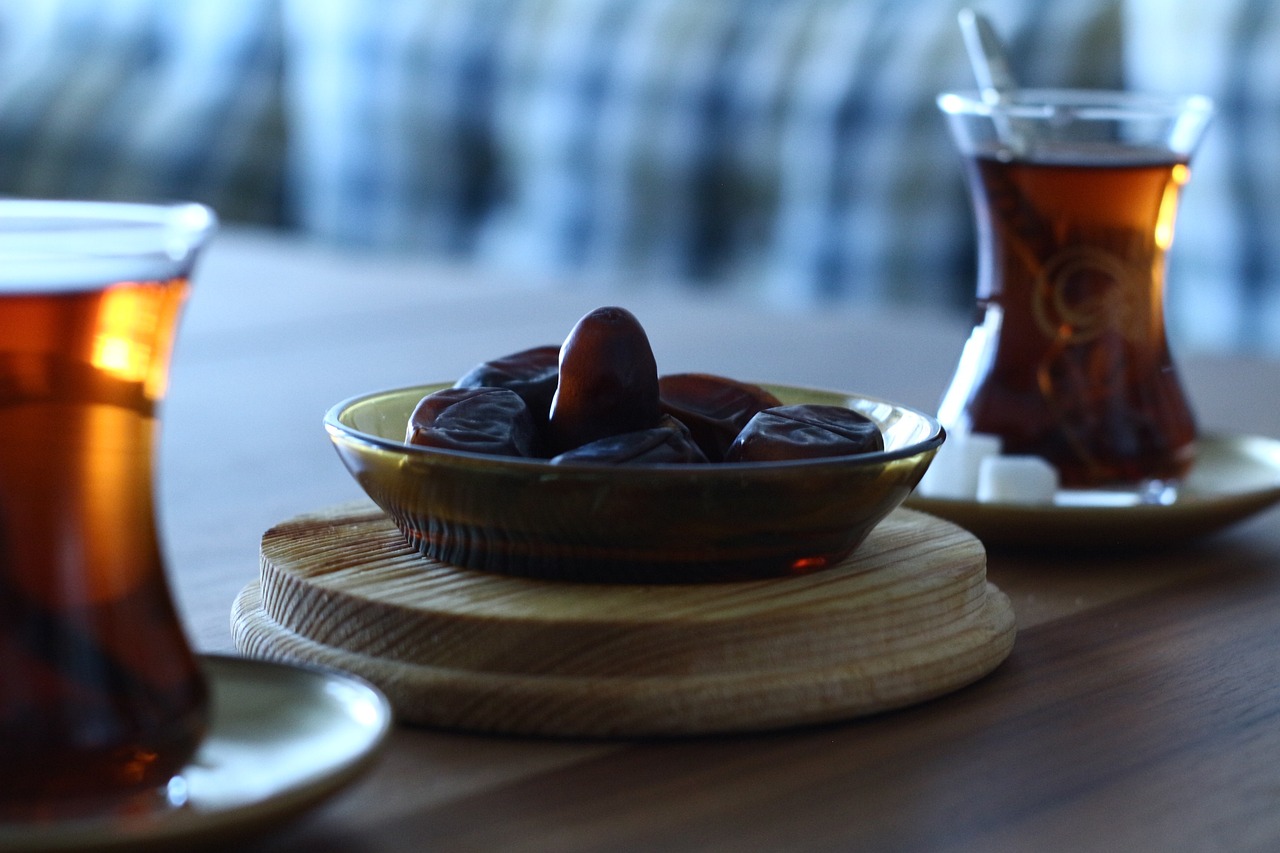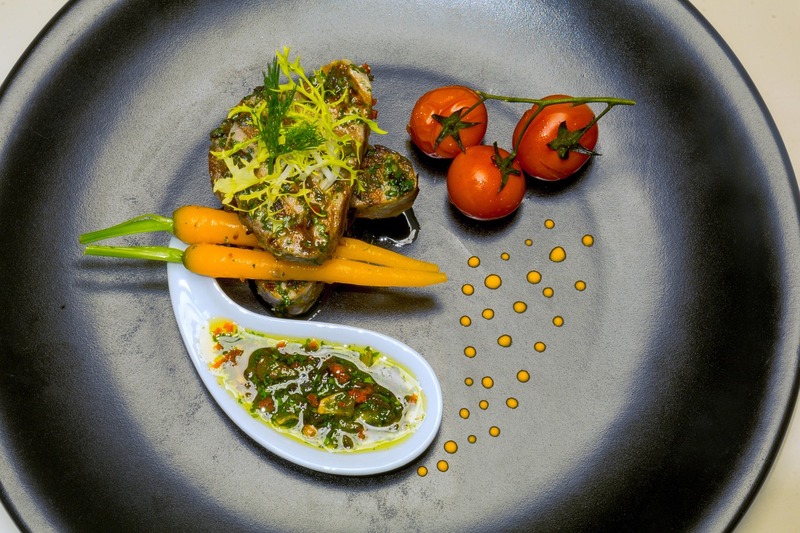How to maintain a balanced diet while fasting

To have an energised fast or Ramadan, be mindful of the type of food on your plate, drink enough water, and add electrolytes as needed.
With Ramadan around the corner, Muslims worldwide are getting ready to enter a period of deep spiritual reflection and fasting.
Ramadan is that special time of the year when Muslims worldwide fast from sunrise to sunset. The Islamic calendar marks it as the ninth month, during which Prophet Muhammad received the revelation of the Quran.
More To Read
- Nigeria dismisses US claims about prosecution of Christians
- Basbousa: The classic cake bringing families together
- Kenyans unite against Gaza genocide, call for Israel boycott at Uhuru Park protest
- From desert to dessert: The journey of dates to Kenyan tables
- Judicial Service Commission advertises five Kadhi posts in fresh judicial recruitment drive
- In Pictures: Muslims countrywide celebrate Eid-ul-Adha
In 2025, Ramadan is expected to begin on February 28, depending on the sighting of the crescent moon.
Fasting means no food or drink during daylight hours, so Muslims start their day with Suhoor, a pre-dawn meal, and break their silence at sunset with Iftar.
Whether fasting for religious, health, or personal reasons, it’s essential to understand that it challenges the body’s usual routine. Since fasting alters normal eating patterns, the body must adjust to meet its energy and nutrient requirements.
A study published in the Journal of Nutrition & Metabolism suggests that fasting improves metabolism, supports weight management, and enhances brain function when done correctly.
However, without a proper diet, it can lead to nutrient deficiency, dehydration, fatigue or even long-term health problems.
 A Mediterranean dish is a perfect example of balance. (Pixabay)
A Mediterranean dish is a perfect example of balance. (Pixabay)
What do you eat when fasting?
1. Break your fast with a protein-packed meal
According to research published in the American Journal of Clinical Nutrition, consuming a meal rich in complex carbohydrates and proteins helps maintain steady blood sugar levels and promotes feeling fuller for longer.
Instead of breaking your fast with simple carbohydrates like white bread and tea, opt for fibre-rich complex carbohydrates, such as whole grains, brown rice, or arrowroot.
These slow-digesting foods provide sustained energy release, preventing spikes and crashes in blood sugar.
Pairing these with high-protein sources like eggs, beans, lentils, or yoghurt further enhances satiety by reducing hunger while preserving muscle mass.
A study in the Journal of Nutrition highlights that protein-rich meals can significantly curb cravings and maintain energy levels for extended periods.
Make sure you add healthy fats such as avocado, nuts, or olive oil to improve nutrient absorption.
2. Proper hydration
During fasting, dehydration is one of the biggest challenges. The Kenya Nutrition and Dietetics Institute recommends drinking at least 6 to 8 glasses of water during the fasting period to prevent headaches, dizziness, cravings, and digestive issues.
Sprinkle small amounts of salt in your water to improve rehydration. This is because salt (sodium) is an essential electrolyte that helps the body retain water and maintain fluid balance.
3. Breaking your fast (Iftar)
After long hours without food, your body will crave quick energy. Instead, begin with dates and water. Dates offer fast-acting natural sugars and essential minerals. If you do not have dates, you can supplement that with other nuts like cashews and almonds.
Follow that with a balanced meal that includes lean protein (fish, chicken, or lentils), fibre-rich vegetables, and whole grains to replenish your energy levels.
4. Avoid overeating and processed foods.
It is important to have small meals after breaking your fast. This is because overeating slows digestion, causes discomfort, and negates the health benefits of fasting.
Instead, eat mindfully and listen to your body’s hunger cues.
Avoid processed, fatty, and sugary foods that break your fast; this is because they will cause energy crashes. Always opt for whole, natural foods, soups, or fruits with high water content like watermelons.
To have an energised fast during Ramadan, be mindful of the type of food on your plate, drink enough water, and add electrolytes as needed.
Remember to enjoy your cultural foods in moderation.
It is very possible to make the most of your fasting experience while maintaining a balanced diet.
Top Stories Today










































